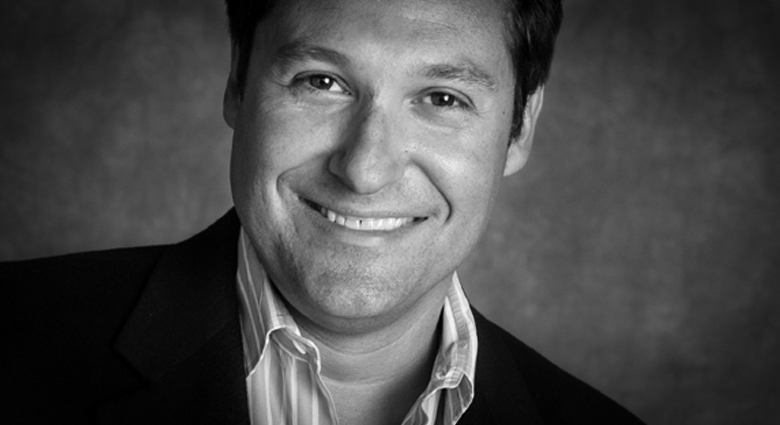Navigating Through Blindspots
The question of blind spots to me is actually one of the most important business concepts to get into in business and innovation. The problem is our blind spot is the thing we don’t see and we have all different types of blind spots, for example: we will have an expertise blind spot. Our expertise blind spot is going to lead us down a path of particular types of solutions that are things that have worked in the past or variations of those, but they’re not necessarily looking at it from a new angle and that’s one big blind spot that experts have when you’re steeped in your business it’s hard to see things differently so to solve that one one other ways to do is to either think about that problem you’re working on and reframe it in a more abstract way, so as a simple example: if you are one up.
A story I like to tell is about a company that makes toothpaste and they wanted to find a way of making a whitening toothpaste that didn’t use abrasives the bleachers. Now the way we’ll typically ask a problem, or try to solve the problem is how do we, the expert solve that problem? How do we make teeth whiter? What this group of dental experts did is actually reframe the problem: They said well instead of us, the experts, trying to make teeth whiter is ask who else makes white whiter? What they realized was that inside their company they have a laundry detergent division. They go to talk to the laundry detergent people and they discover laundry detergent whitens whites or give the illusion of whiteness through blue dye and actually doesn’t whiten your clothes, but it gives the illusion because blue dye prevents reflection of yellow. So they thought this was cool and they went off and developed a toothpaste that has a blue dye in it and there’s a lot of different technological solutions that were solved in the blind spot by reframing the question asked who will solve the problem like this?
Now there are lots of blind spots so one of the big blind spots and I’m a big fan of diving into is our personality blind spot. We hear the expression opposites attract – it’s not true: opposites repel, birds of a feather flock together so we want to be with people who are like us. Now that’s a blind spot, because by surrounding ourselves with people who think like us means we’re just going to get a lot of yes thinking.
What we need to start doing is asking ourselves what who are we not. Personality tests tell you who you are, but for example I have something called personality poker- it’s designed to help you figure out who you are, not because if you understand who you are not that helps you discover your blind spot and that allows to figure out who could partner with so as an example I am somewhat creative, innovative, seat-of-the-pants spontaneous, flexible person, that’s my style. I don’t like a lot of structure. Who I am NOT I am clear is somebody who’s methodical, organized, or systematic. Now under national circumstances I would avoid people who are organized because for me plans are restrictive and limiting, but what I’ve discovered is if I don’t have those people I’m going to be chasing bright, shiny objects all he time and I am going to be getting interested in new things I never get anything done so when I work the first person I always hire is that anal retentive organized planner who’s going to help me get things done because that’s my blind spot and I’ve discovered it.
So the key with blind spots and there’s so many more, but the key with blind spots is to recognize we have them and the only way to see them is to get others to help us see those blind spots either others point out what we don’t do well which doesn’t mean we should start doing it, it just means those are the people we want to work with or we look at again from a discipline perspective: I might be an expert in something, but that means that I’ve got a whole world of blind spots around solutions that could be valuable and the way to find those to reframe the question and find someone else like the toothpaste people did.



What Did You Think?